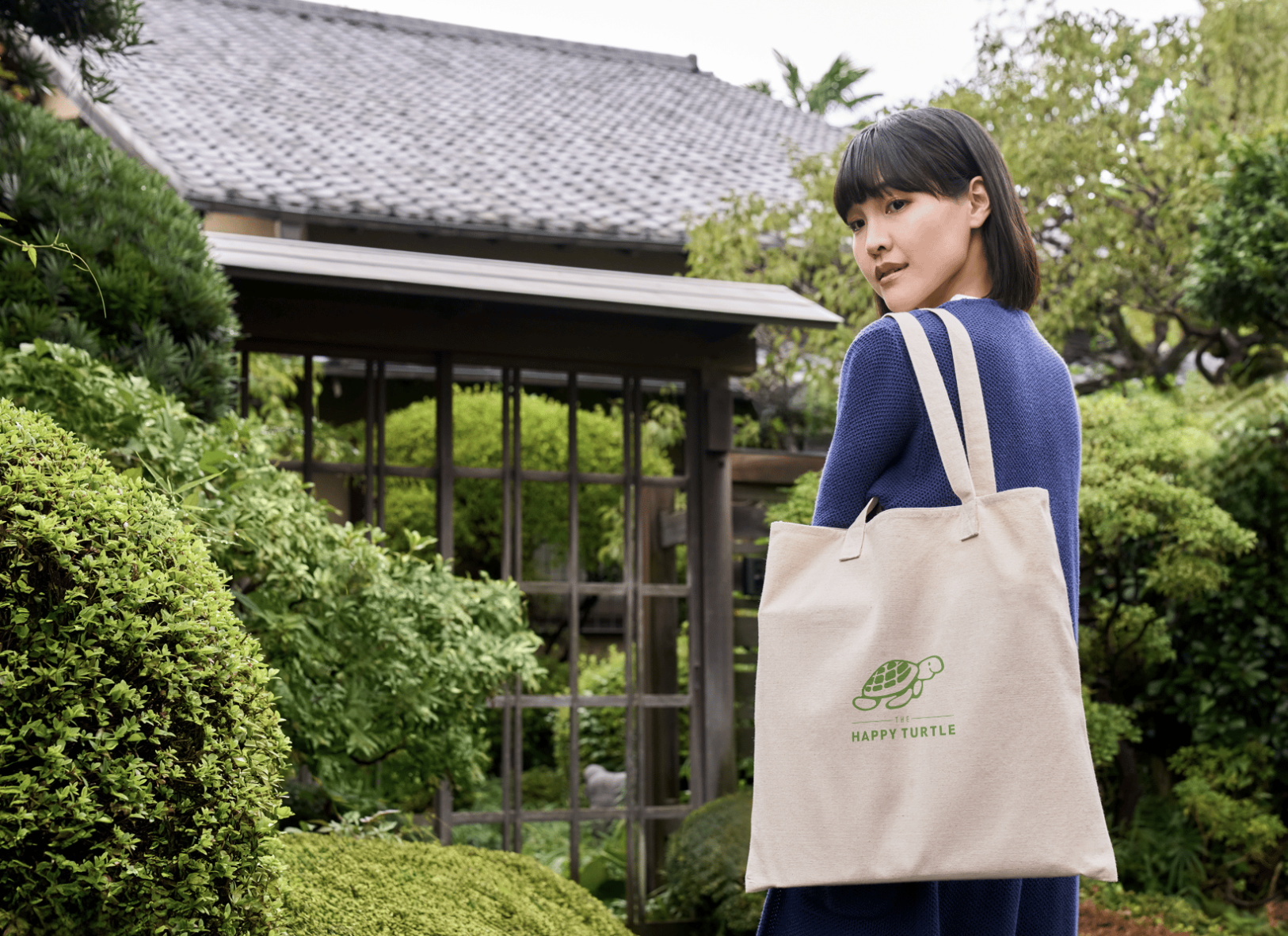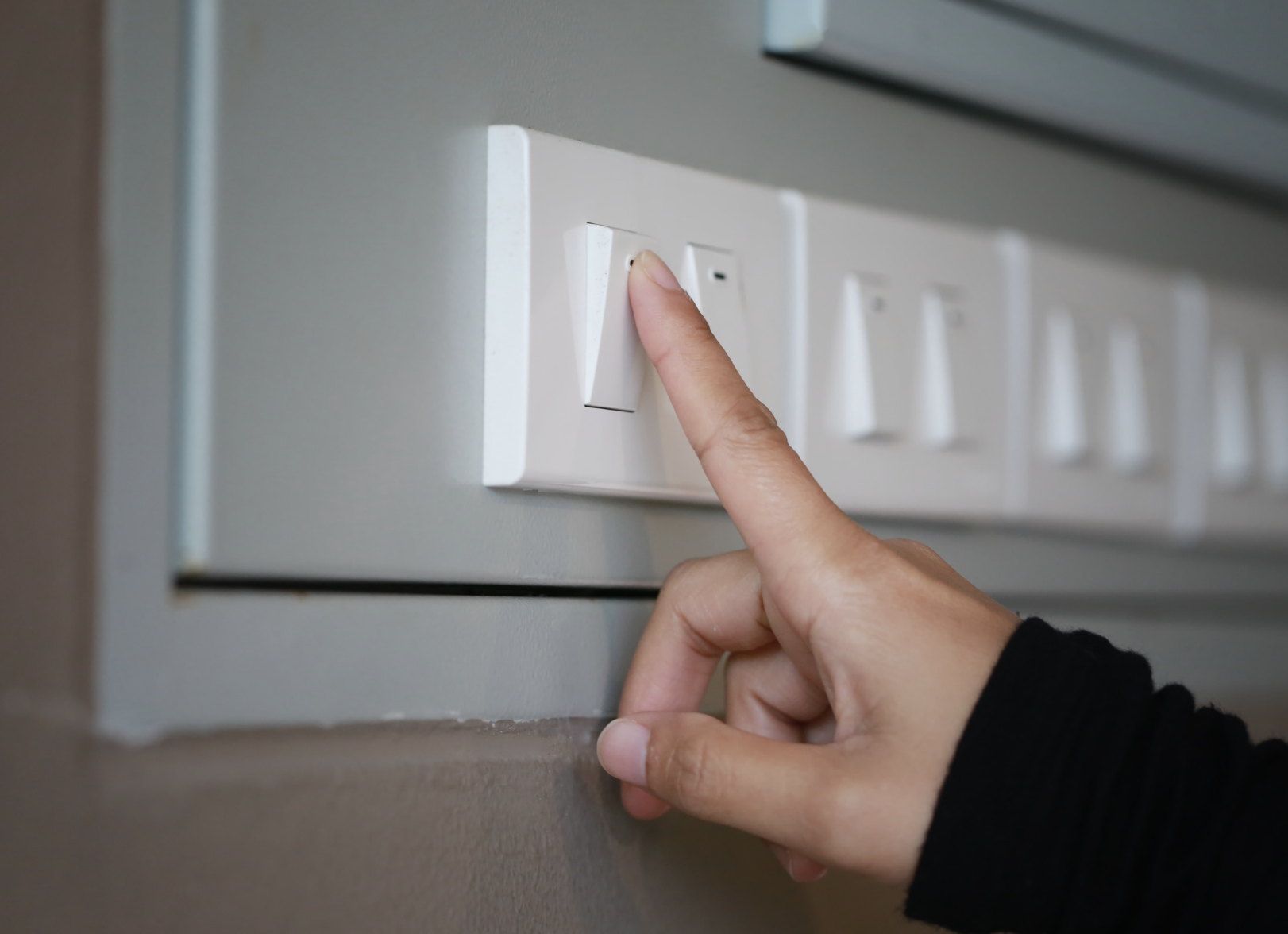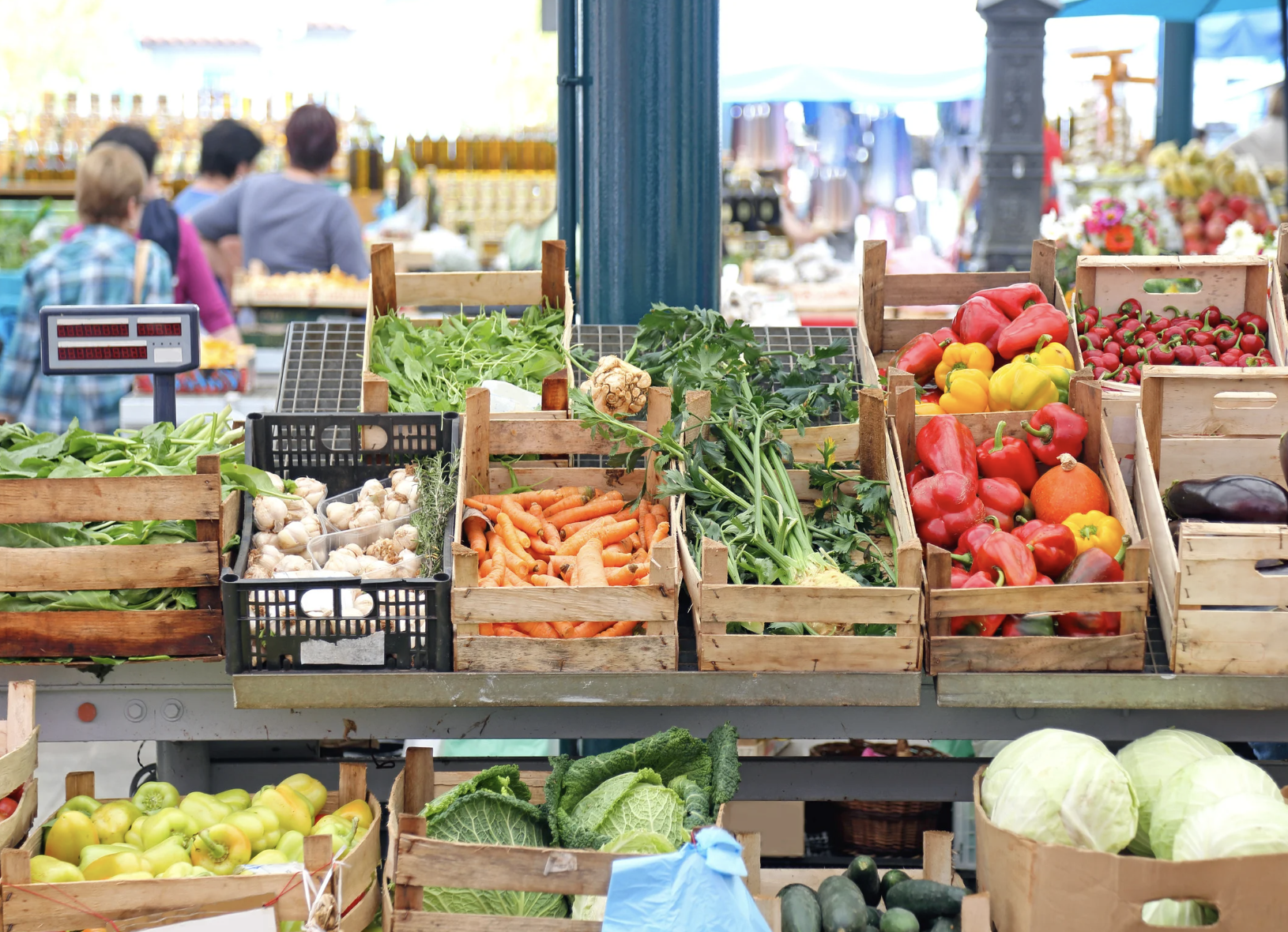
As climate change becomes an ever more pressing concern, more and more people are realising the importance of adopting sustainable lifestyles. However, the shift toward a more eco-friendly existence can often feel overwhelming. Where do you start? How do you ensure your efforts make a difference? If you’re just beginning your sustainability journey, the good news is that small, unique changes can have a significant impact. Every step, no matter how tiny, counts toward preserving our planet. Here are some simple, actionable tips to help you get started.
1. Rethink Your Consumption Habits
One of the simplest ways to begin living sustainably is by consuming less. Ask yourself: do I really need this? Whether it’s clothes, gadgets, or household items, learning to buy less and buy smarter is key. For example:
Thrift and Upcycle: Instead of buying new, head to thrift stores or swap with friends. Not only will you save money, but you’ll also reduce the demand for fast fashion or mass-produced items.
Conscious Shopping: When you do need to buy something, opt for brands that prioritize sustainability. Look for eco-friendly certifications and choose products with minimal or recyclable packaging.

2. Waste Less Food
Food waste is one of the biggest contributors to environmental degradation. A simple way to start your eco-friendly journey is to be mindful of how much food you waste. Here’s how:
Meal Planning: Plan your meals ahead of time, use leftovers creatively, and only buy what you’ll actually eat.
Compost: Set up a compost bin for food scraps. Instead of ending up in a landfill, they’ll break down naturally and can be used to nourish your garden or house plants.
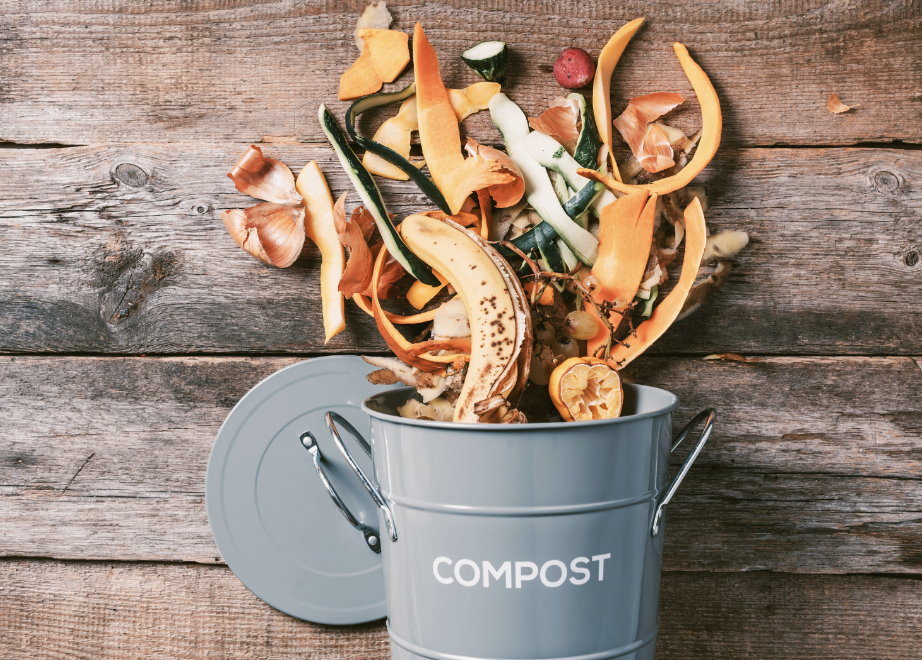
3. Switch to Reusable Products
Replacing single-use items with reusable alternatives is one of the most impactful changes you can make. It’s easy and doesn’t require a huge investment.
Reusable Bags and Bottles: Ditch plastic bags and invest in a reusable water bottle. These items are often the first steps people take toward sustainability, but their positive impact is huge.
Cloth Napkins and Towels: Swap out paper towels and napkins for cloth ones. They’re easy to wash and reduce the number of trees cut down for disposable paper products.
4. Conserve Energy
Reducing your energy consumption is a win-win for the planet and your wallet.
Unplug and Switch Off: Get into the habit of unplugging electronics when they’re not in use, or switch them off instead of leaving them on standby mode.
Use Energy-Efficient Appliances: When it’s time to replace appliances, look for energy-efficient models with the Energy Star label. They consume less power and are better for the environment.
5. Re-evaluate Your Diet
What we eat has a significant environmental impact, especially when it comes to meat production. You don’t have to go vegan overnight, but small dietary shifts can help.
Meatless Mondays: Start by going meatless one day a week. Plant-based meals are often healthier and leave a lighter carbon footprint.
Support Local Farmers: Buy locally-grown produce when possible. It reduces the carbon footprint of transporting food long distances and supports small businesses in your community.
6. Green Your Transportation
Transportation is another area where small changes can make a big difference. Reducing your reliance on cars helps cut carbon emissions.
Walk, Bike, or Carpool: Whenever possible, choose to walk, bike, or share rides with others. Not only is it eco-friendly, but it’s also a great way to stay fit and save money on fuel.
Public Transport: Take public transport more often and reduce your individual carbon emissions.
7. Practice Mindful Water Usage
Water is a precious resource, and simple changes in your water usage habits can contribute to saving it.
Shorter Showers: A quick shower uses far less water than a bath. Try to reduce the time you spend in the shower by a few minutes.
Fix Leaks: Dripping faucets can waste gallons of water over time. Fixing leaks promptly is an easy and effective way to conserve water.
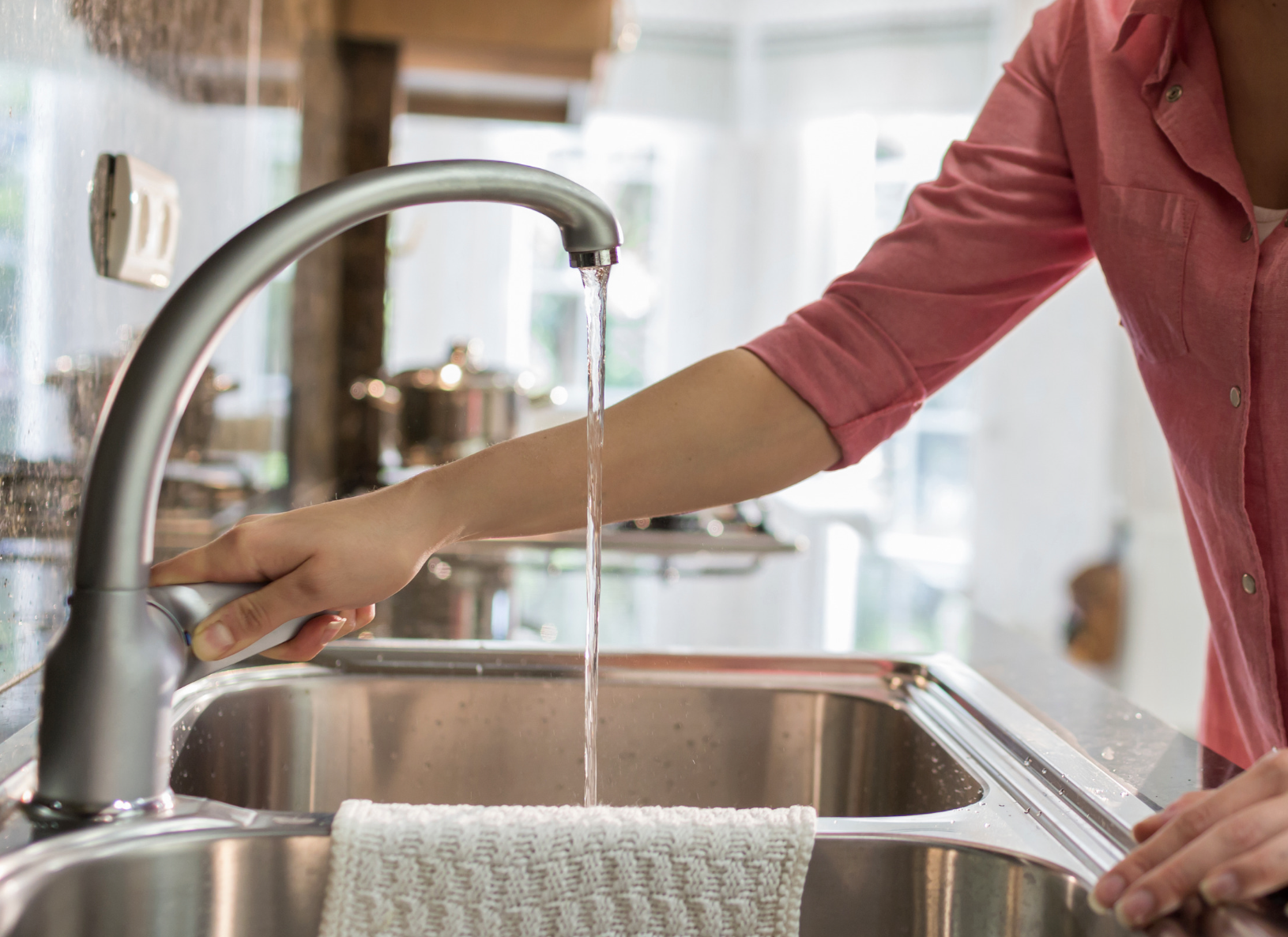
8. Learn and Share
Sustainability is a journey, and there’s always more to learn. Research eco-friendly practices, follow sustainability influencers, and engage with like-minded individuals in your community. Importantly, share your newfound knowledge with friends and family, encouraging them to make small changes as well. The ripple effect can lead to significant positive change.

